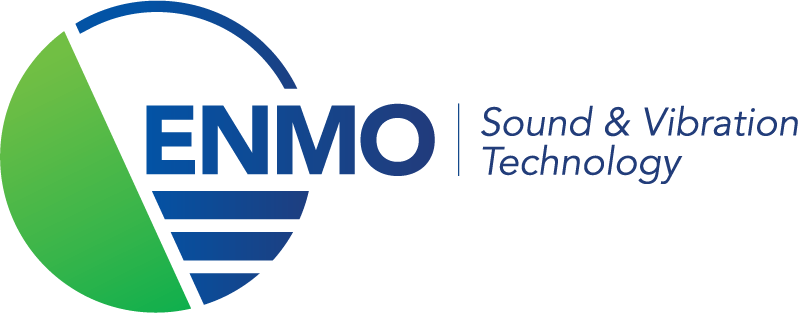More data, more accuracy and increased automation
To help engineers make the best use of their time, whether it’s for monitoring or R&D tests, Hottinger Brüel & Kjær has launched the latest version of its Tescia software, which is ideal for targeting vibration, acoustics, and observing applications.
The Tescia system provides a safe way of capturing critical data, ensuring accuracy and confidence in the results. With unique capabilities and a user-centric workflow, Tescia helps reduce setup time, safeguard test items and improve data quality and test result validation.
One of the main features of this new release is the Steady Data Analyzer and Interface Protocol, which enables engineers to gather and correlate steady and dynamic data, so that parameters such as temperature, wind and humidity (from a weather station for example), can be mapped and analyzed to see how the dynamic response changes with the steady parameters.
A new Acoustic Post Correction license helps optimize test time by automating calibration processes, calculating and applying frequency response corrections for microphones and other accessories – and verifying system frequency responses using pink noise, making Tescia suitable for acoustic testing in accordance with the aerospace industry’s ICAO Annex 16 and FAR36 noise standards.
The diagnostic capabilities of Tescia, to determine the condition of rotating machinery and rolling-element bearings, have been strengthened considerably with additional tools including zoom and envelope analysis and synchronous time averaging.
For applications such as condition monitoring of ship propulsion systems, these tools provide better and deeper insights, allowing engineers to detect, assess and act early on failures, increasing reliability and decreasing maintenance costs.
This release offers a much more efficient solution, with increased automation, supported not only by event features that prevent false triggers, but also a Tescia API (application programming interface), enabling black box operation and ensuring optimal operation by integrating systems within the test cell or monitoring environment.

 ▽
▽
 English
English
 Français
Français
 Nederlands
Nederlands